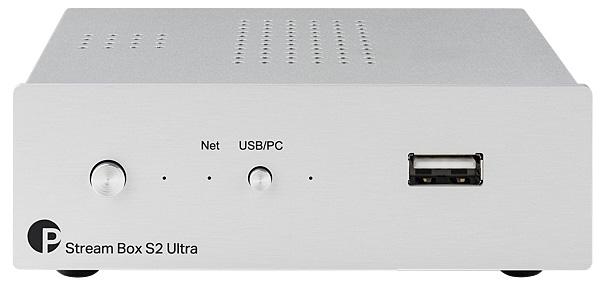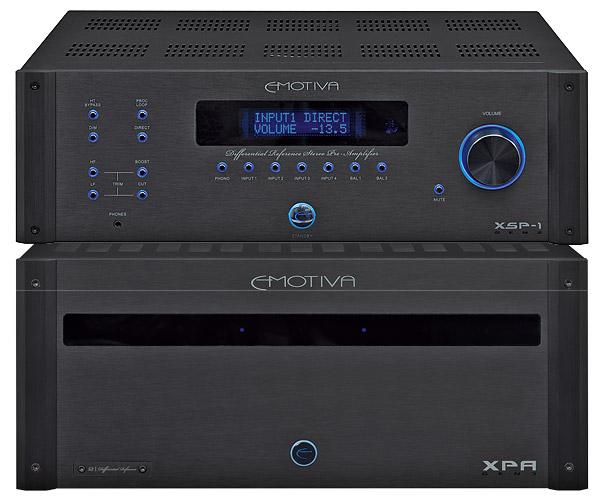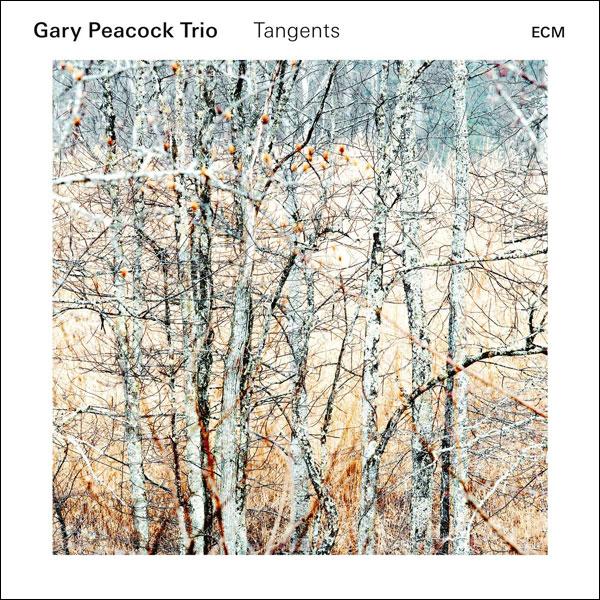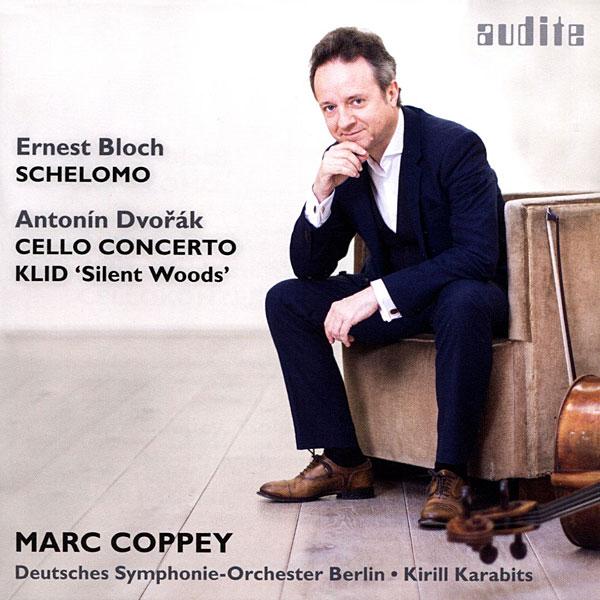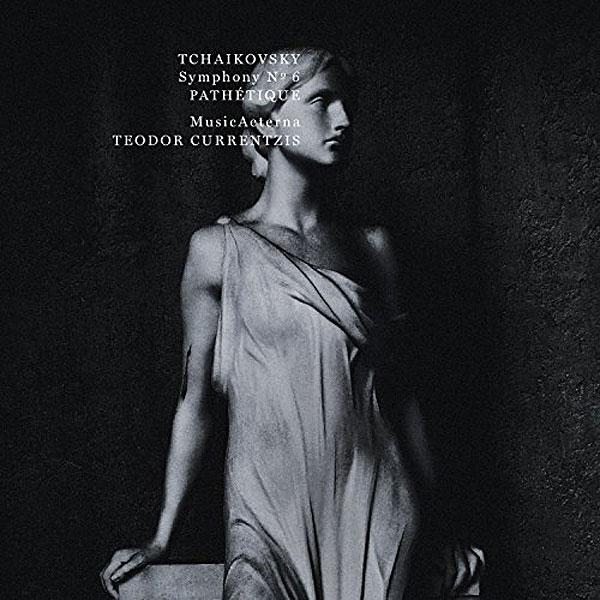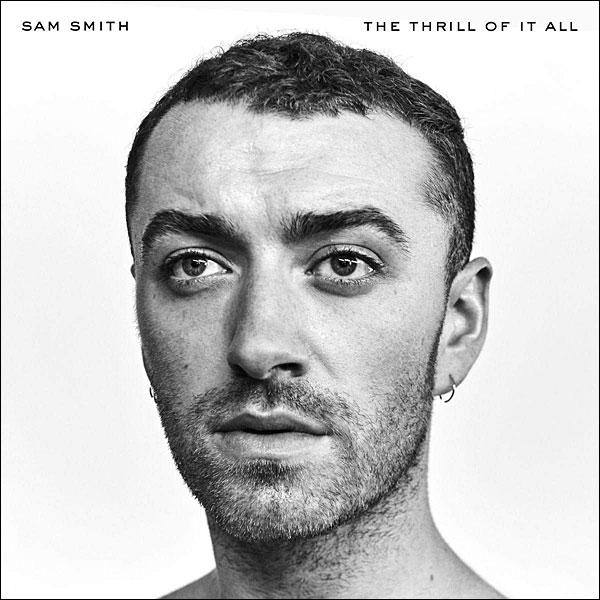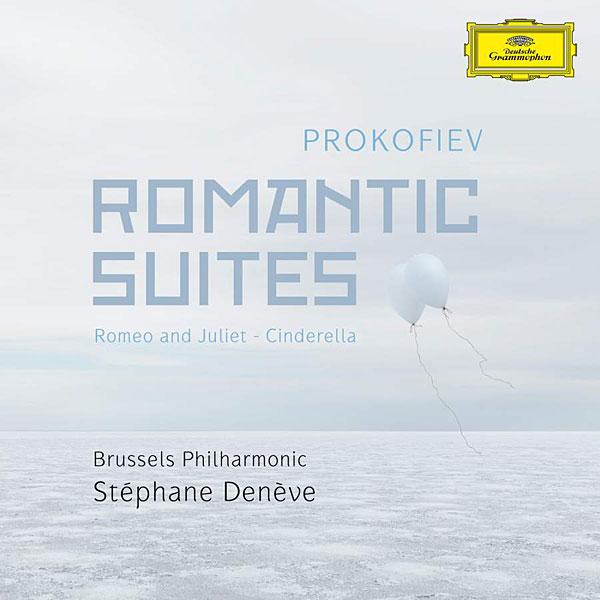LATEST ADDITIONS
|
Oct 01, 2018
|
Oct 01, 2018
|
Oct 01, 2018
|
Sep 28, 2018
|
Sep 24, 2018
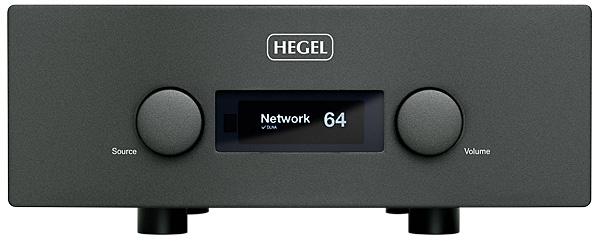
 The Norwegian brand’s latest amp is not just its most powerful integrated, but comes complete with network audio capability. Is this the ultimate one-box amp solution?
The Norwegian brand’s latest amp is not just its most powerful integrated, but comes complete with network audio capability. Is this the ultimate one-box amp solution?
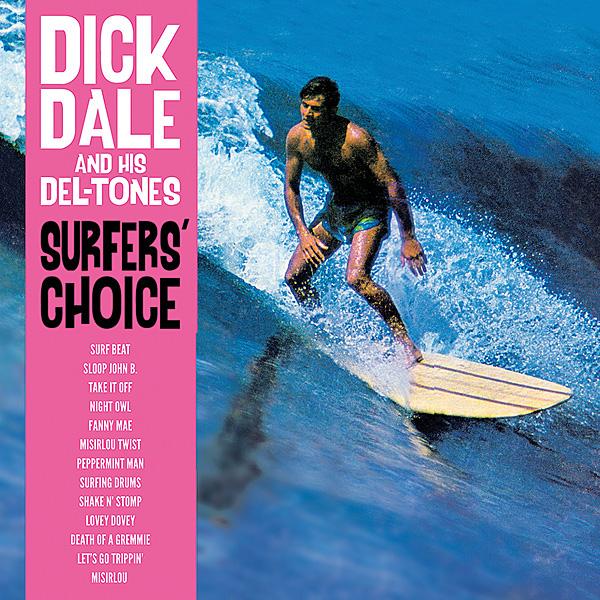

 This neatly packaged, sleekly-styled Scandinavian integrated offers DAC and streaming functionality, plus a very fine sound thanks to its proven Class D power amp modules
This neatly packaged, sleekly-styled Scandinavian integrated offers DAC and streaming functionality, plus a very fine sound thanks to its proven Class D power amp modules
